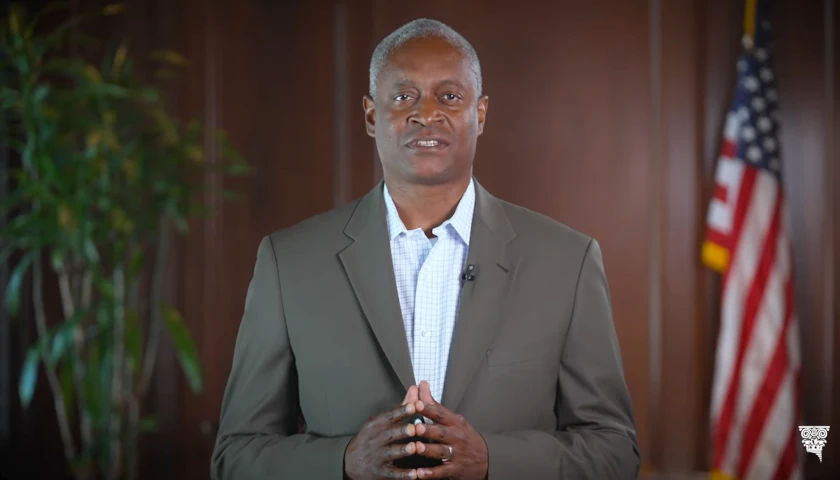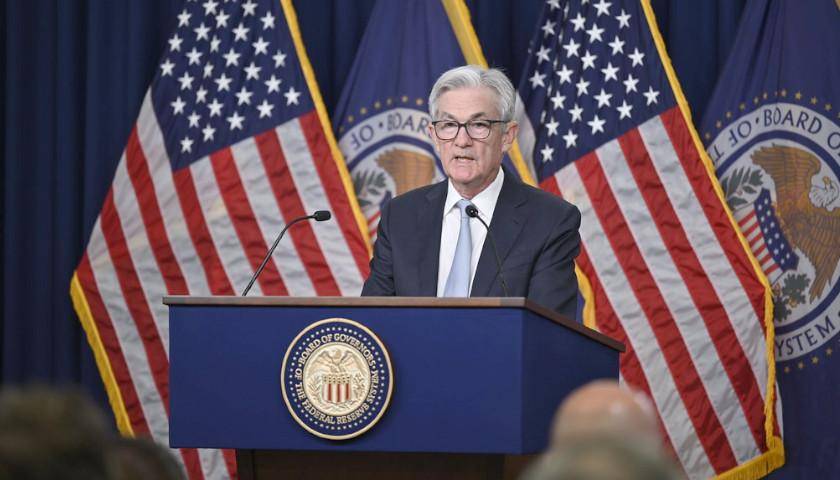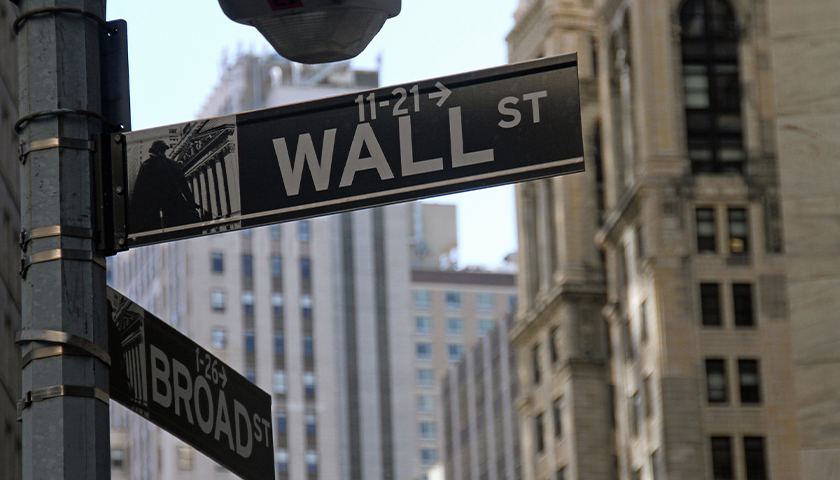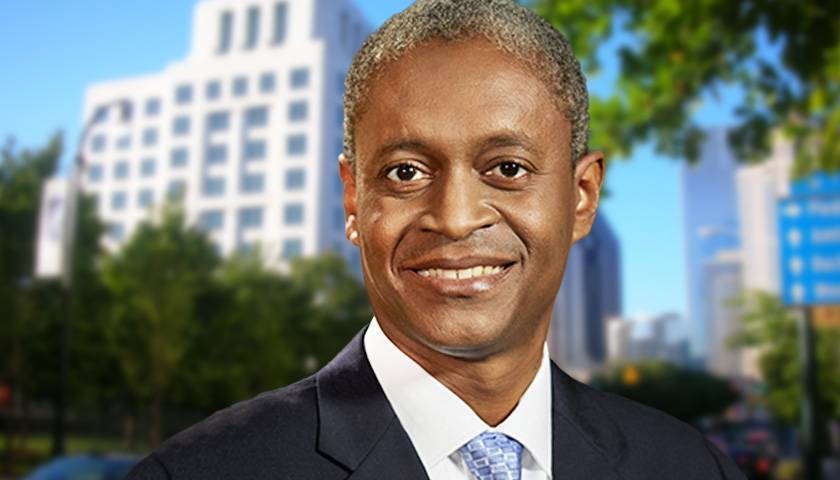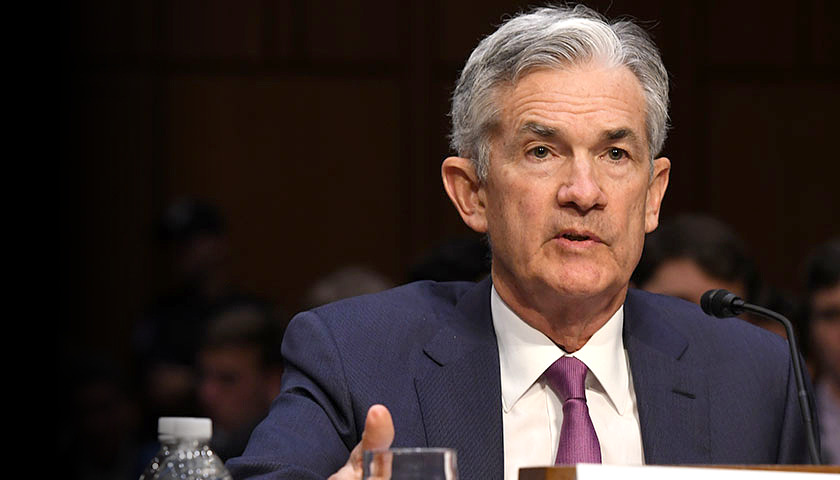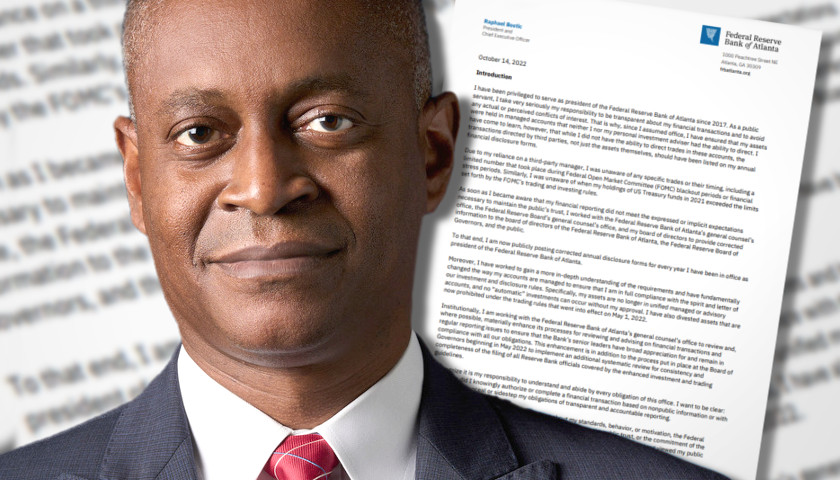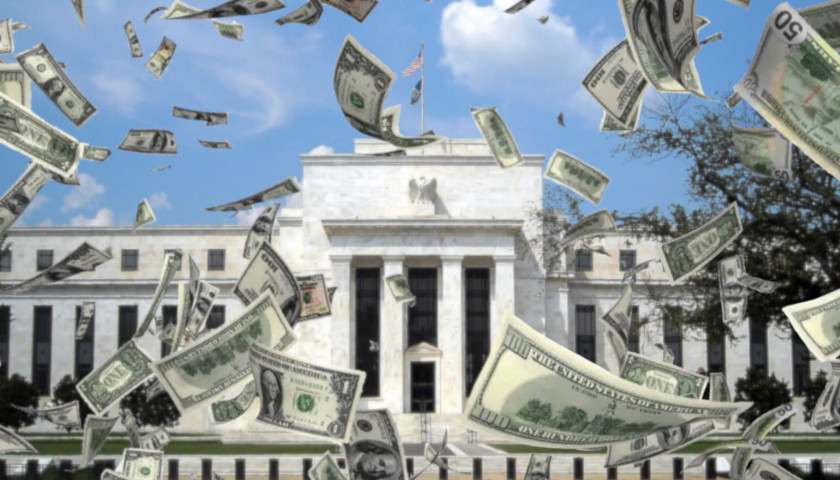The U.S. economy grew at a rate of 2.8 percent in the second quarter of 2024, according to gross domestic product (GDP) statistics released by the Bureau of Economic Analysis (BEA) on Thursday.
Higher growth in the second quarter follows poor growth in the first quarter of 2024, which measured 1.4 percent after being revised down from an initial estimate of 1.6 percent, according to the BEA. Economists expected that GDP would increase by around 2.1 percent in the second quarter of 2024, in line with typical U.S economic growth rates.
Read More

